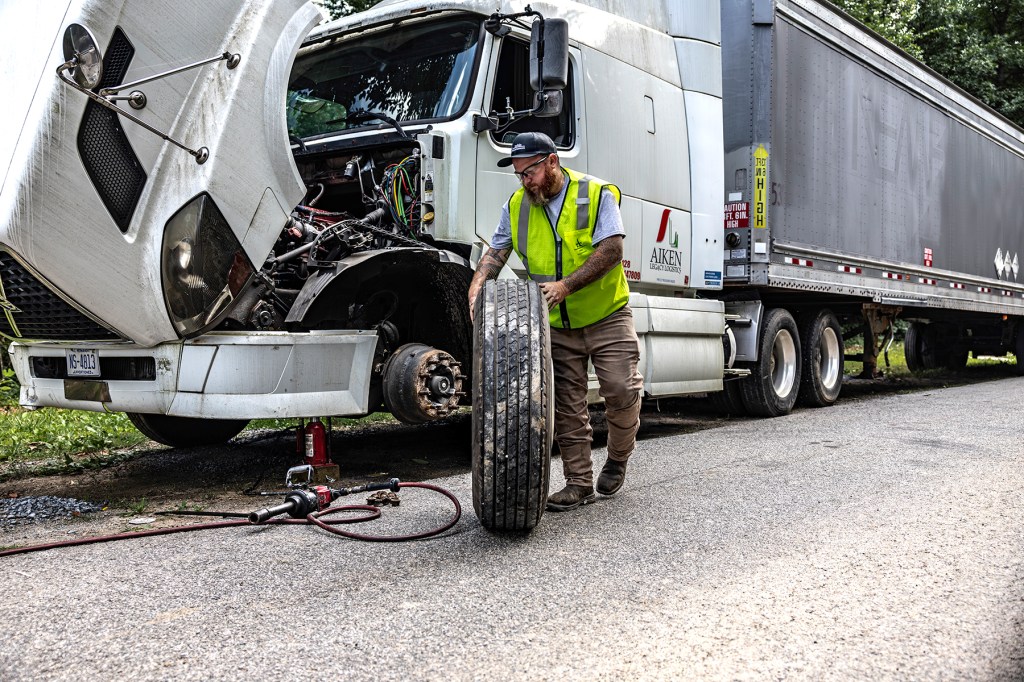Things are warming up, and with summer approaching, more unexpected roadside breakdowns are looming. With increased pressure to meet “just in time” freight deliveries, uphold shipping agreements, and keep clients happy, you can’t afford to have your fleet sitting on the side of the road. Each second your fleet isn’t moving is just another hit to your bottom line.
Each piece of your fleet is essential, and we understand the impact warmer months can have on your equipment, causing issues that affect much more than just delivery times. To avoid the havoc that summer can wreak, use these tips to build a strong preventive maintenance checklist for your fleet:
Tire Yard Checks: Low air pressure is the leading cause of tire failures. Regularly conduct tire yard checks to identify tires needing replacement or inflation before they hit the road, thereby reducing road failures. Whenever possible, schedule these checks during regular business hours to avoid after-hour labor rates. Rule of thumb: Never let air out of a hot tire that has just come off the road.
Batteries / Charging Systems: Heat significantly impacts battery performance, yet batteries are often overlooked during the summer driving season. Perform load tests on batteries, clean battery terminals/posts, and ensure charging systems are functioning correctly.
Cooling System: Modern engines operate at higher under the hood temperatures, requiring optimal performance from cooling systems. Inspect belts, including idler pulleys, hoses, and coolant protection levels. Since belts and hoses age from the inside, visual inspection alone is unreliable. It is a good practice to replace belts and hoses that are five years or older as a preventive measure. Additionally, ensure radiator screens are free from debris to enable proper airflow.
Air Conditioner Inspection: Emergency repairs to A/C units can be challenging and costly in roadside environments. With rising temperatures, ensuring driver comfort and safety is vital. Conduct preventive maintenance inspections on A/C units to verify proper operation and ensure condensation drain lines are clear of debris. Repair any freon leaks to ensure proper cooling and replace the air drier anytime the system is open to the environment.
By focusing on preventive maintenance in these key areas, you can significantly reduce service failures and costs, keeping your fleet on the road and operating efficiently throughout the summer season.



